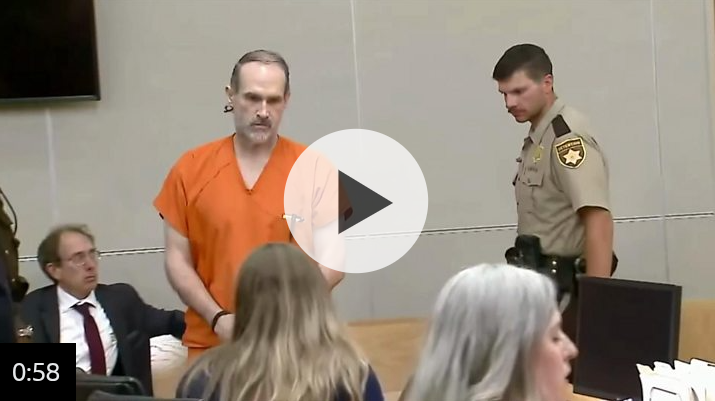Former Secretary of State Hillary Clinton has sparked debate with her recent remarks about the consequences of spreading false or misleading information, particularly when it serves as propaganda. In her view, individuals who knowingly distribute propaganda that harms the nation or manipulates public opinion should face serious legal consequences, including imprisonment. Clinton’s comments reflect growing concern over the widespread misinformation that continues to circulate online, especially through social media platforms.
Her statement underscores the broader conversation about national security and information warfare in the digital age. Clinton argues that propaganda isn’t just an abstract threat—it can influence elections, polarize the public, and undermine democratic institutions. In this context, she believes it’s essential to differentiate between free speech and deliberate attempts to destabilize society with false narratives. For her, accountability should extend to those who exploit the freedoms of the internet to deceive or manipulate the public for personal or political gain.
Clinton’s stance may be seen by some as controversial, especially given the delicate balance between protecting free expression and ensuring national security. Critics argue that such proposals risk infringing on First Amendment rights and could be misused to silence dissenting opinions. However, her supporters contend that the spread of disinformation—particularly when orchestrated or amplified by foreign adversaries or bad actors—requires a stronger legal framework to prevent long-term damage to democratic systems.
This conversation comes at a time when misinformation is not only more pervasive but also more sophisticated. With the help of AI-generated content, deepfakes, and algorithm-driven echo chambers, propaganda has evolved into a powerful weapon. Clinton’s comments highlight the urgent need for both public awareness and governmental action. She suggests that without accountability, the very fabric of truth in public discourse is at risk.
While her proposal may not yet translate into immediate legislation, it adds fuel to the ongoing policy debates around tech regulation, freedom of speech, and national resilience against foreign influence campaigns. As misinformation continues to blur the lines between fact and fiction, Clinton’s call for legal consequences signals a push toward greater responsibility in the digital public square.



